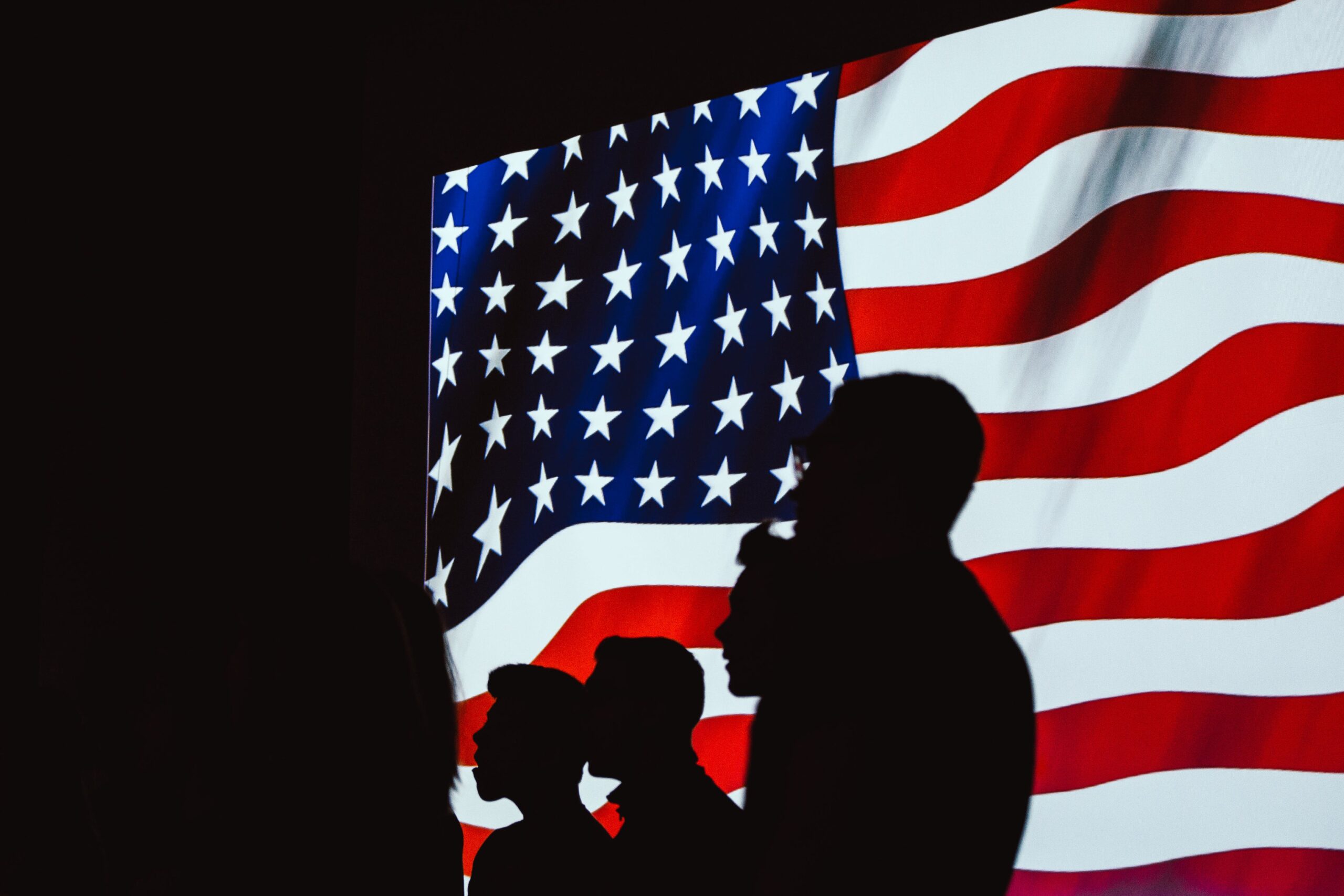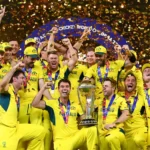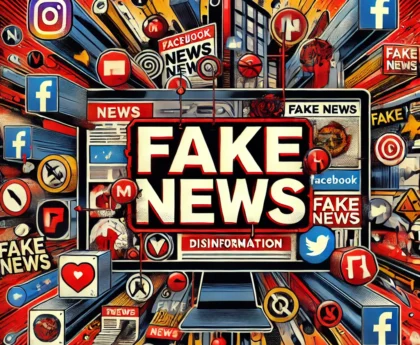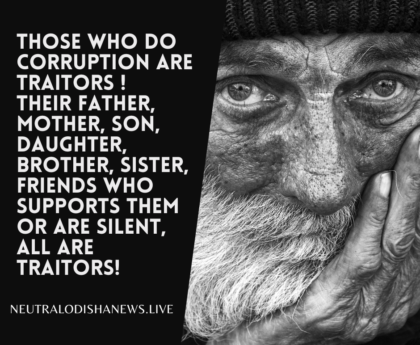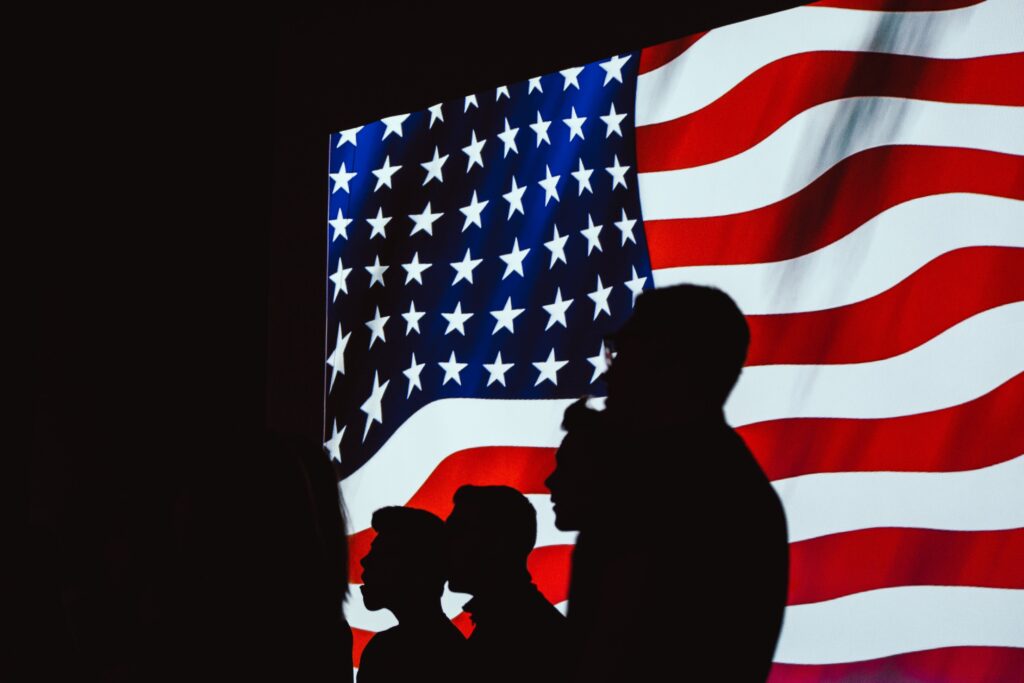
Image Courtesy : Photo by Brett Sayles: https://www.pexels.com/photo/silhouette-of-people-beside-usa-flag-1046399/
Dear USA & the Democrats who are the rulers at this point,
You are alleging that some Indian National had tried to hire a Hitman to kill a US National who is a Terrorist, who had on Camera threatened to carry out hijacking or worse.
If you consider US citizens’ life as supreme, then lives of Indians also matters a lot. So many Indians have been building US day in and out for generations. In the modern world, you can’t behave like woke and hypocrite. If you have the right to kill terrorists in other countries be it Iraq, Afghanistan, Iran, EU, or anywhere in the world, so as India to protect its citizens. India & US share a strategic relationship, if you are trying to single-handedly destroy it then it’s your call.
Some Indians might face the consequences of your actions then it is the call they had taken. We don’t mind, the average Indian demography is young, the youths of the country believe in Equality which we might have learned from the West but we don’t discriminate. Terrorists whether they come from Pakistan, Canada, or US Soil, will be treated as terrorists only. They will be eliminated.
We feel pity on US when we see the daily killings in schools and the shoot-out incidents happening, if your CIA thinks that by blaming India and creating unrest across the world is going to benefit US and help them remain powerful then you are seriously mistaken. China had already posed as a challenger to you. US Economy is already shrinking. High time you work on your double standards and strengthen your institutions.
The United States, often hailed as the land of liberty and a bastion of democracy, finds itself under scrutiny for perceived hypocrisy in its foreign policy actions. The accusation of hypocrisy against the U.S. government stems from the contrast between its stated values, commitments to human rights, and the realities of its international engagements. This article delves into instances that have fueled accusations of U.S. hypocrisy, examines the complexities of foreign policy decision-making, and discusses the implications for both domestic and global perceptions.
1. Human Rights Concerns:
The United States, a vocal advocate for human rights globally, has faced criticism for its selective stance on this matter. While advocating for human rights in some regions, the U.S. has been accused of turning a blind eye to violations committed by allies or strategic partners. Instances of supporting regimes with questionable human rights records have led to skepticism about the sincerity of U.S. commitment to the values it promotes. The killings of Civilians especially kids across the world on the garb of fighting Terrorism.
2. Interventionist Policies:
The U.S. has a history of interventionist policies under the pretext of promoting democracy and stability. However, the means through which these interventions occur have raised eyebrows. The invasion of Iraq in 2003, justified by claims of weapons of mass destruction that were never found, and interventions in other regions have fueled the perception that U.S. foreign policy is often driven by geopolitical interests rather than a genuine commitment to democratic values.
3. Support for Authoritarian Regimes:
Critics point to instances where the U.S. has supported authoritarian regimes for strategic or economic reasons. This pragmatic approach has led to accusations that the U.S. is willing to compromise its democratic principles when it serves its national interests. If US was not capable of supporting Afghanistan, why enter in the 1st place? ruined the whole country into ashes and then run away overnight like cowards.
4. Double Standards in International Law:
The U.S.’s approach to international law has been viewed as selective, with accusations of applying double standards. Instances where the U.S. has acted unilaterally, bypassing international institutions, have raised questions about its commitment to a rules-based international order.
5. Economic Policies and Global Inequality:
The U.S., as a major player in the global economy, has been criticized for perpetuating economic inequality. Trade policies, corporate practices, and financial dominance have been cited as contributing factors to a global economic system that disadvantages developing nations.
6. Climate Change Policies:
While the U.S. has taken steps to address climate change, its withdrawal from international agreements and slow progress in adopting sustainable practices have drawn criticism. Critics argue that the U.S. should be at the forefront of global efforts to combat climate change, given its historical contributions to carbon emissions. Well they had destroyed the climate and now preaching, if they are serious they would have compensated under-developed nations heavily. The number of cars an average American household have the highest. They would try to save their own environment and bomb the world.
7. National Security and Surveillance Concerns:
The revelations about mass surveillance programs by U.S. intelligence agencies, as exposed by Edward Snowden, have raised concerns about privacy and civil liberties. Critics argue that such practices undermine the very principles the U.S. professes to champion.
Navigating the Complexity:
In defense of U.S. foreign policy decisions, proponents argue that navigating the complex global landscape requires pragmatism and strategic alliances. They contend that national interest, security considerations, and the intricacies of diplomatic relations often compel the U.S. to make difficult choices that may be perceived as hypocritical.
Implications and the Path Forward:
Accusations of hypocrisy in U.S. foreign policy have tangible implications for its global standing and influence. It can erode trust among allies and partners, diminish the moral authority the U.S. seeks to project, and fuel anti-American sentiments.
Moving forward, acknowledging the complexities of international relations and addressing inconsistencies in policy implementation are essential. The U.S. faces the challenge of aligning its actions with the values it espouses, fostering transparent and accountable foreign policy decisions, and rebuilding trust on the global stage. As the world watches, the U.S. has an opportunity to reconcile its rhetoric with its actions, demonstrating a commitment to the principles it advocates for the benefit of a more just and stable global order. But then the pertinent question which several countries are rightly asking now.
Who gave US the authority to be the Big Brother?
Started with Russia, taken forward by China and now India will have to do the same.
